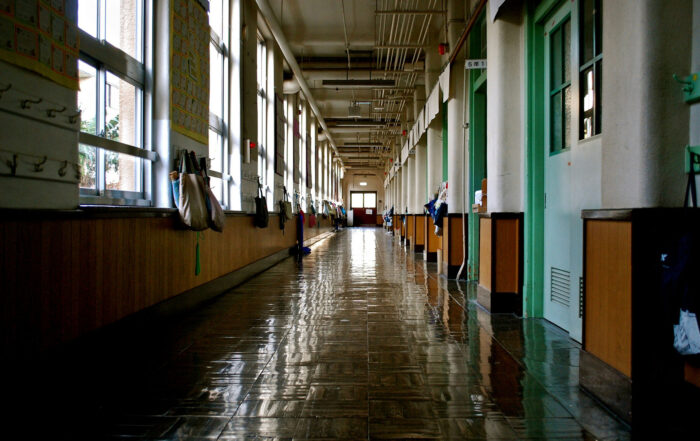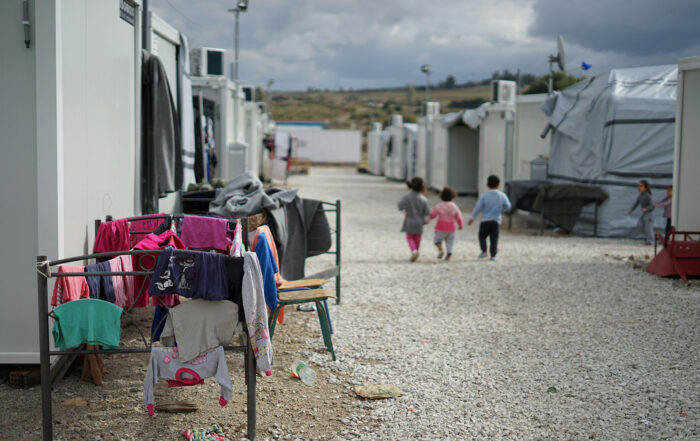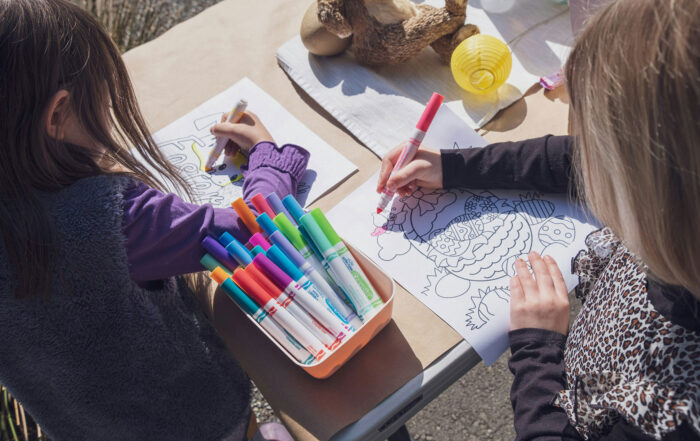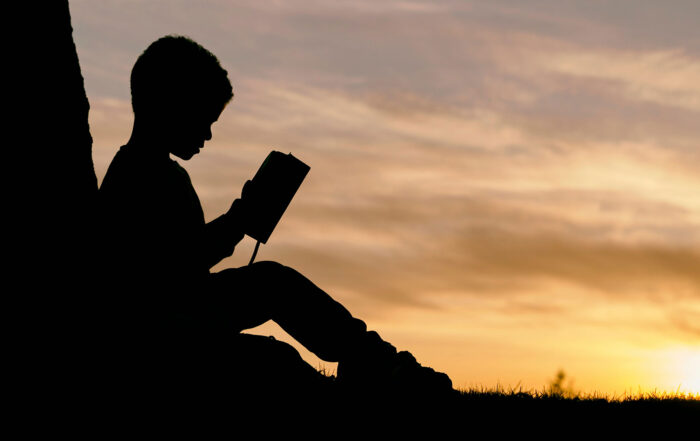
By Maria Popova
“A purely disembodied human emotion is a nonentity,” William James asserted in his revolutionary 1884 theory of how our bodies affect our feelings. Two generations later, Rilke wrote in a beautiful letter of advice to a young woman: “I am not one of those who neglect the body in order to make of it a sacrificial offering for the soul, since my soul would thoroughly dislike being served in such a fashion.” And yet in the century since, we’ve made little progress on making sense — much less making use — of the inextricable dialogue between the physical body and the psychoemotional interior landscape we shorthand as “soul.”
Nowhere is this relationship more essential yet more endangered than in our healing from trauma, and no one has provided a more illuminating, sympathetic, and constructive approach to such healing than Boston-based Dutch psychiatrist and pioneering PTSD researcher Bessel van der Kolk. In The Body Keeps the Score: Brain, Mind, and Body in the Healing of Trauma (public library), he explores “the extreme disconnection from the body that so many people with histories of trauma and neglect experience” and the most fertile paths to recovery by drawing on his own work and a wealth of other research in three main areas of study: neuroscience, which deals with how mental processes function within the brain…
Share This Post!
Parent Guidelines for Helping Youth after the Recent Shooting
By The National Child Traumatic Stress Network The recent shooting has been an extremely frightening experience, and the days, weeks, and months following can be very stressful. Your children and family [...]
Two Professors Found What Creates a Mass Shooter. Will Politicians Pay Attention?
By Melanie Warner Each time a high-profile mass shooting happens in America, a grieving and incredulous nation scrambles for answers. Who was this criminal and how could he (usually) have committed [...]
13 Million Children Face Hunger Every Day – and the Problem is Worse During the Summer
By Move For Hunger There are 13 million children in America who don’t know where their next meal will come from. Throughout the school year, many participate in programs that provide [...]
Sexual Abuse of Children at Camp is an Epidemic:
By Mick S. Grewal Sexual abuse by camp counselors is a national epidemic, according to various organizations, including Crime Stoppers. Every year, nearly 10 million children attend summer camp. In 2018, CBS [...]
Trends in U.S. Emergency Department Visits Related to Suspected or Confirmed Child Abuse and Neglect Among Children and Adolescents Aged <18 Years Before and During the COVID-19 Pandemic — United States, January 2019–September 2020
By The C.D.C. Heightened stress, school closures, loss of income, and social isolation resulting from the coronavirus disease 2019 (COVID-19) pandemic have increased the risk for child abuse and neglect (1). [...]
Behind the Term: Trauma
By U.C. Berkeley The term “trauma” can mean different things, depending on the context. Semantically, trauma refers to an experience or event; nevertheless, people use the term interchangeably to refer to either [...]







